Top 10 Best Trading Platforms in the World 2025
By ICON TEAM | Published on Jul 21, 2025
List Of Top 10 Best Trading Platforms in the World 2025:
In 2025, the world of internet trading has changed dramatically due to technological breakthroughs, easier access to markets, and a greater focus on user experience. Nowadays, traders of all skill levels have access to a variety of platforms that provide strong tools, affordable prices, and a large range of investment alternatives. Since every trading platform accommodates varying trading styles, asset preferences, and skill levels, selecting the best one is essential to reaching financial objectives. Based on their features, costs, usability, and overall offerings, the top 10 trading platforms worldwide for 2025 are examined in depth below.
1. Webull:
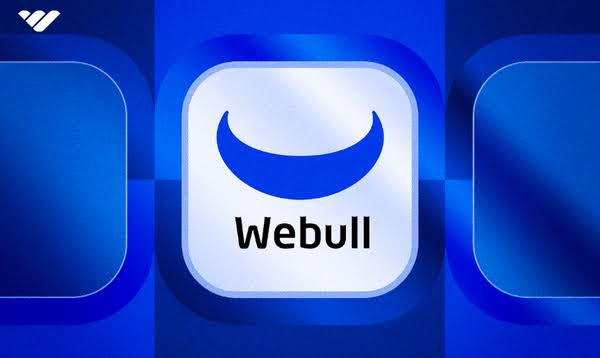
In 2025, Webull has firmly established itself as a leading trading platform, especially attracting active and mobile-first traders. Webull is a popular choice for investors on a budget because of its easy-to-use interface and commission-free trading on stocks, ETFs, and options. For traders who depend on in-depth analysis, the platform offers customized technical indicators, real-time market data, and sophisticated charting tools. In addition, Webull offers access to initial public offerings (IPOs) and fractional shares, which is uncommon among brokers. Additionally, bitcoin trading is possible using its own Webull Pay app; however, some investors may find it less appealing due to the absence of bonds and mutual funds. Webull is the best option for novice and seasoned traders seeking reliable tools at affordable prices, thanks to its round-the-clock customer service and paper trading function. However, the platform's basic design might not be appropriate for those looking for extensive research resources, and its bond and international stock trading costs are somewhat hefty.
2. Merrill Edge:
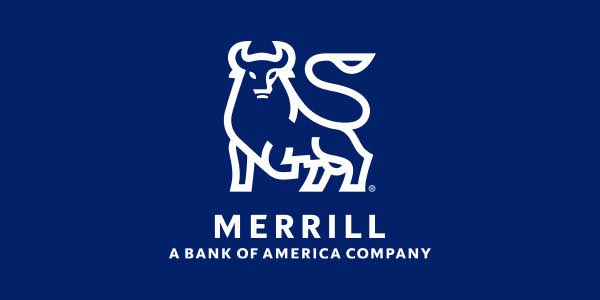
In 2025, Merrill Edge Bank of America's brokerage division—remains strong, especially for investors who are already a part of the Bank of America network. Users may streamline financial operations by managing banking and investing on a single dashboard thanks to its smooth interface with Bank of America accounts. Merrill Edge provides a wide range of mutual funds and bonds in addition to commission-free trading on stocks, ETFs, and options. The research papers on the platform, which are only available to Bank of America clients, offer insightful information for financial choices. With its user-friendly interfaces and plenty of training materials, Merrill Edge caters to novice traders while also offering sophisticated traders features like real-time data and customisable watchlists. Although the platform's mobile app has received great reviews for its design, those looking for social or gamified trading aspects might not find it appealing. Merrill Edge is a great option for conventional investors because of extra benefits including lower costs for Bank of America Preferred Rewards members.
3. SoFi Invest:
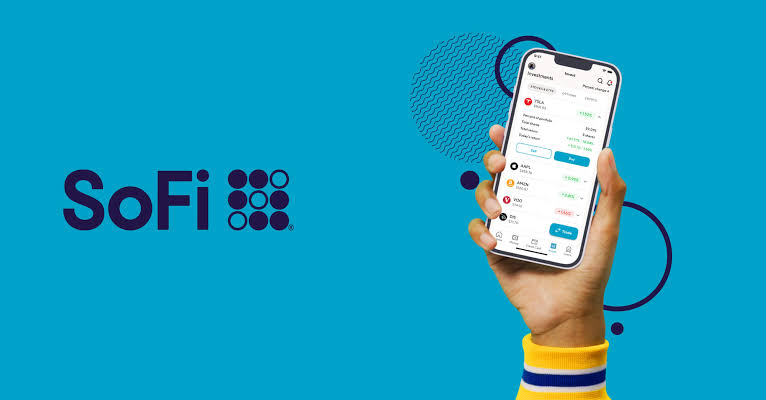
In 2025, SoFi Invest has become a flexible platform that serves both active and passive investors. Beginners find SoFi especially appealing because it offers commission-free trading on stocks, ETFs, and options, as well as no minimum account requirements. People who want to invest early on new market offerings are drawn to the platform since it offers IPO access and enables fractional shares, which let users purchase with as little as $1. With the added benefit of providing one free financial adviser meeting for all members (and unlimited meetings for SoFi+ members), SoFi's all-in-one strategy combines banking, investing, and financial planning. Although the platform's ETF selection is relatively restricted to Vanguard and SoFi's own funds, its user-friendly interface and educational materials make it perfect for novice investors. However, the absence of advanced tools and third-party research may be restrictive for experienced traders. SoFi is a good option for younger investors because of its emphasis on retirement accounts and long-term investing.
4. Ally Invest:
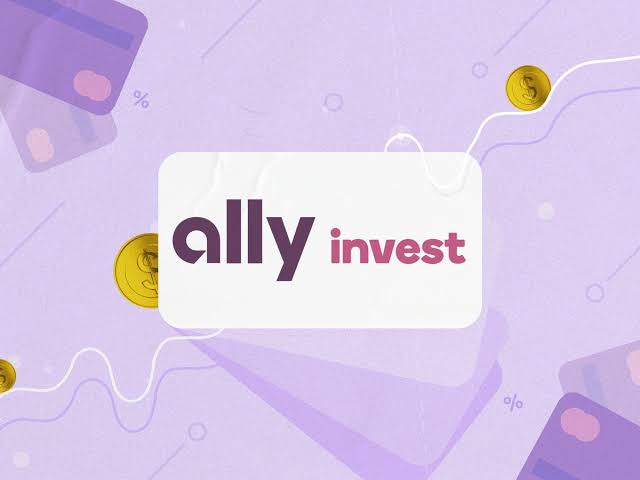
In 2025, Ally Invest stands apart because to its affordable pricing and user-friendly features. With commission-free stock, ETF, and option trading and no minimum account requirement for self-directed trading, Ally Invest is available to a broad range of users. Active traders will find the platform's browser-based interface appealing because it offers powerful features including probability calculators, watchlists, and eight different types of technical analysis charts. Convenience is increased by the smooth fund transfers made possible by Ally's connectivity with Ally Bank. For investors who prefer to take it easy, the platform also provides a managed portfolio option with no advisory costs and a $100 minimum. Beginners can benefit from educational materials like webinars and video tutorials, while more seasoned traders can take advantage of affordable fees and a variety of investment products. Ally's platform might not be the best for day traders looking for quick execution, though, as it lacks several sophisticated capabilities that rivals like Interactive Brokers offer.
5. eToro:
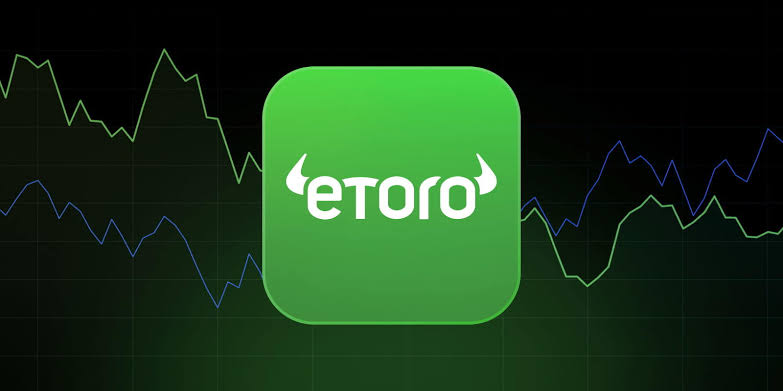
In 2025, eToro is still at the forefront of social trading because to its distinctive platform, which blends conventional trading with community-driven features. Although eToro charges a $5 withdrawal fee and a 0.75% currency conversion fee for UK clients, it is an affordable option with no trading or platform costs for equities and ETFs. It is perfect for novices or those looking for passive techniques because of its CopyTrader feature, which lets users imitate the trades of seasoned investors. With a user-friendly design and social features like community threads for sharing strategies, eToro offers support for a variety of assets, including equities, ETFs, commodities, and cryptocurrencies. The paper trading account on the platform allows customers to practice risk-free. However, eToro does not offer bonds or mutual funds, and its customer service is only available via live chat or messaging; phone help is only available for portfolios worth more over $25,000. eToro is a great choice for self-assured, community-minded investors because of its social focus and affordable prices.
6. Charles Schwab:
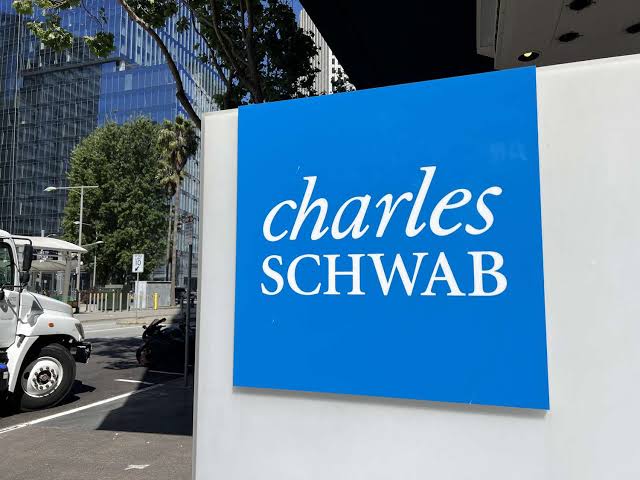
A dominant force in the brokerage sector, Charles Schwab was named the best broker overall in 2025 thanks to its extensive product offerings and intuitive systems. Schwab serves investors of all skill levels by offering commission-free trading on stocks, ETFs, and options. The well-known thinkorswim platform, which provides sophisticated charting, screening, and real-time data for active traders, has been added to its toolkit through its acquisition of TD Ameritrade. Schwab's wide range of no-transaction-fee mutual funds, fractional shares (Schwab Stock Slices), and no-minimum accounts make it accessible to novice investors while offering depth to more experienced ones. The platform offers unparalleled instructional tools, such as podcasts and live programming, along with round-the-clock client support. However, Schwab has higher futures fees and does not offer direct bitcoin trading—only ETFs do. For the majority of investors, it is the best alternative because to its dependability, wide range of investing options, and powerful tools.
7. Fidelity Investments:
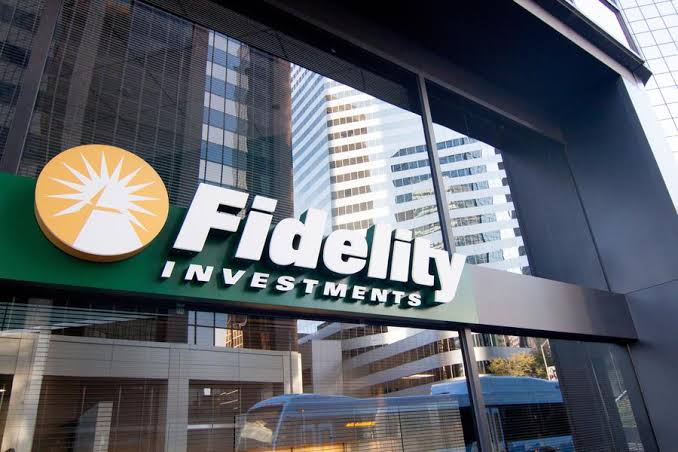
As a well-rounded brokerage that excels at low prices, customer service, and ETF-focused offers, Fidelity is still in the lead in 2025. Both novice and high-net-worth investors find Fidelity appealing because it offers commission-free trading on stocks, ETFs, and options in addition to more than 3,000 mutual funds with no transaction fees. Its educational materials, like as Bloomberg TV streaming, facilitate learning, and its Active Trader Pro platform offers sophisticated tools including multi-trade capabilities and customisable charts. The barrier for novice investors is lowered by Fidelity's fractional share trading and zero-fee index funds. Accessibility is improved by the platform's more than 200 physical branches and round-the-clock customer service. However, Fidelity offers a comparatively low interest rate on uninvested funds and does not allow paper trading. Fidelity is still a popular choice for long-term investors and those looking for dependable service because of its reputation for openness and wide range of investment options.
8. Interactive Brokers LLC:
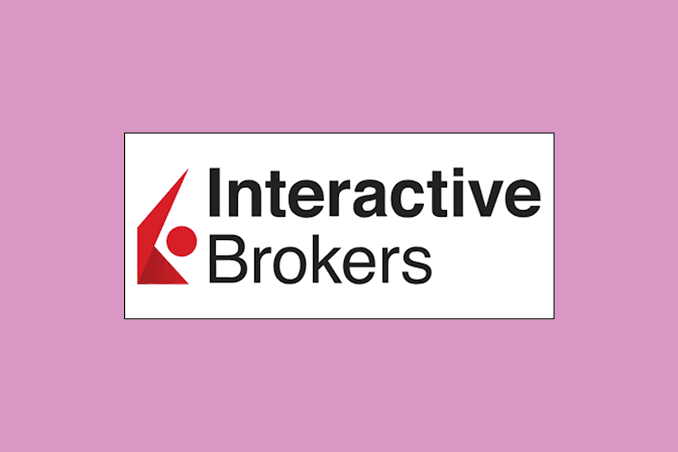
By providing access to more than 150 international markets, including stocks, options, futures, currency, bonds, and cryptocurrencies, Interactive Brokers (IBKR) is the preferred platform for active and professional traders in 2025. Though its intricacy may deter novices, its Trader Workstation (TWS) is a professional-grade platform with sophisticated algorithmic trading, intricate charting, and a wealth of research tools. While the Pro plan offers low-cost per-share pricing for high-volume users, IBKR's Lite plan offers commission-free trading on U.S. equities and ETFs. Users can develop their abilities by using the platform's educational tools and paper trading feature. IBKR is perfect for investors who are interested in diversification because of its low fees and margin rates as well as its access to international markets. However, some users could be put off by its low interest rate on uninvested capital and steep learning curve. For seasoned traders looking for flexibility and power, Interactive Brokers continues to be the best option.
9. E-Trade:
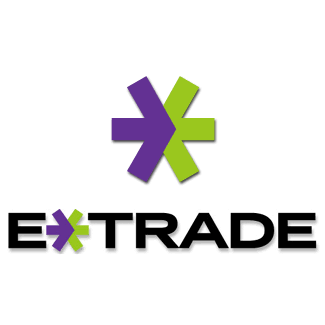
Due to its extensive investment product portfolio and strong trading infrastructure, E-TRADE, which is currently a subsidiary of Morgan Stanley, is a formidable competitor in 2025. In addition to mutual funds, bonds, and futures, E*TRADE offers commission-free trading on stocks, ETFs, and options. Its Power E*TRADE platform serves active traders by offering technical indicators, real-time market data, and sophisticated charting. E*TRADE's comprehensive training materials and user-friendly mobile app are beneficial to novices, and its round-the-clock customer service guarantees accessibility. Due to its $500 minimum requirement, the platform's Core Portfolios robo-advisor is less accessible than some of its rivals. Although some people may find E*TRADE less appealing due to its $500 minimum for automatic investing and lack of currency trading, traders of all skill levels can still benefit from its robust tools and dependable execution.
10. Robinhood:

Robinhood, which is renowned for its ease of use and commission-free trading on stocks, ETFs, options, and cryptocurrencies, is still a favorite among novice and mobile-first investors in 2025. Robinhood is very accessible because it has no account requirement and allows fractional shares to be invested for as little as $1. While features like recurring investments and a 1-3% IRA match offer value, its simplified interface and round-the-clock trading capabilities appeal to casual traders. Though its research tools are less extensive and require a Gold subscription ($5–$6.99/month) for real-time data, Robinhood does not offer mutual funds or bonds. Younger investors find the platform more appealing due to its social aspects and cryptocurrency trading, which includes well-known coins like Ethereum and Bitcoin. Although it isn't appropriate for experienced traders who require complex tools, Robinhood is a great option for novices due to its affordable prices and user-friendly interface.
Comments 0